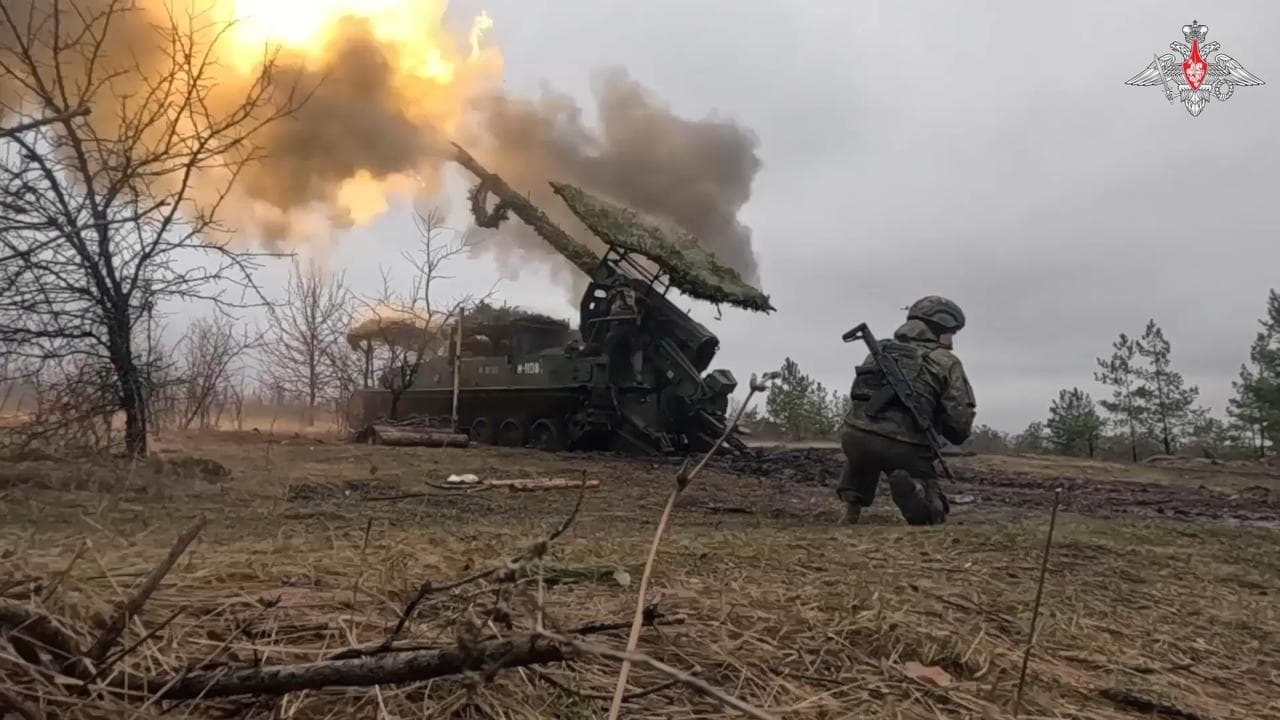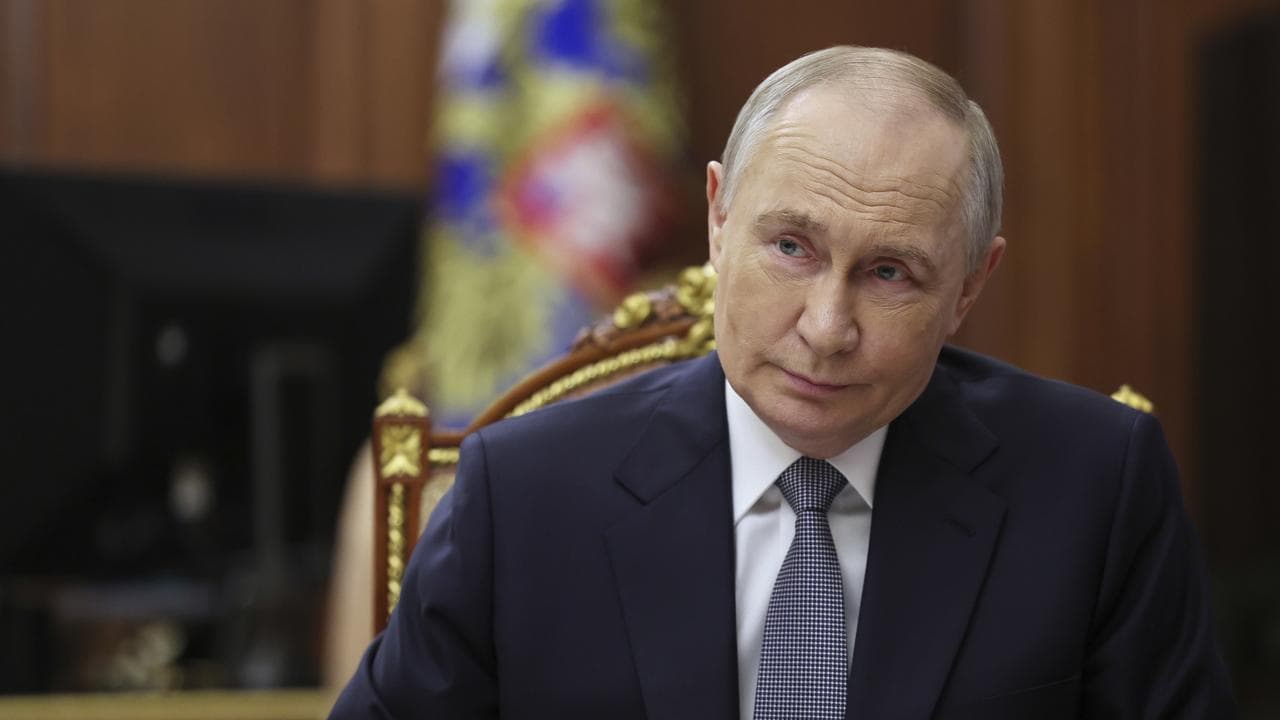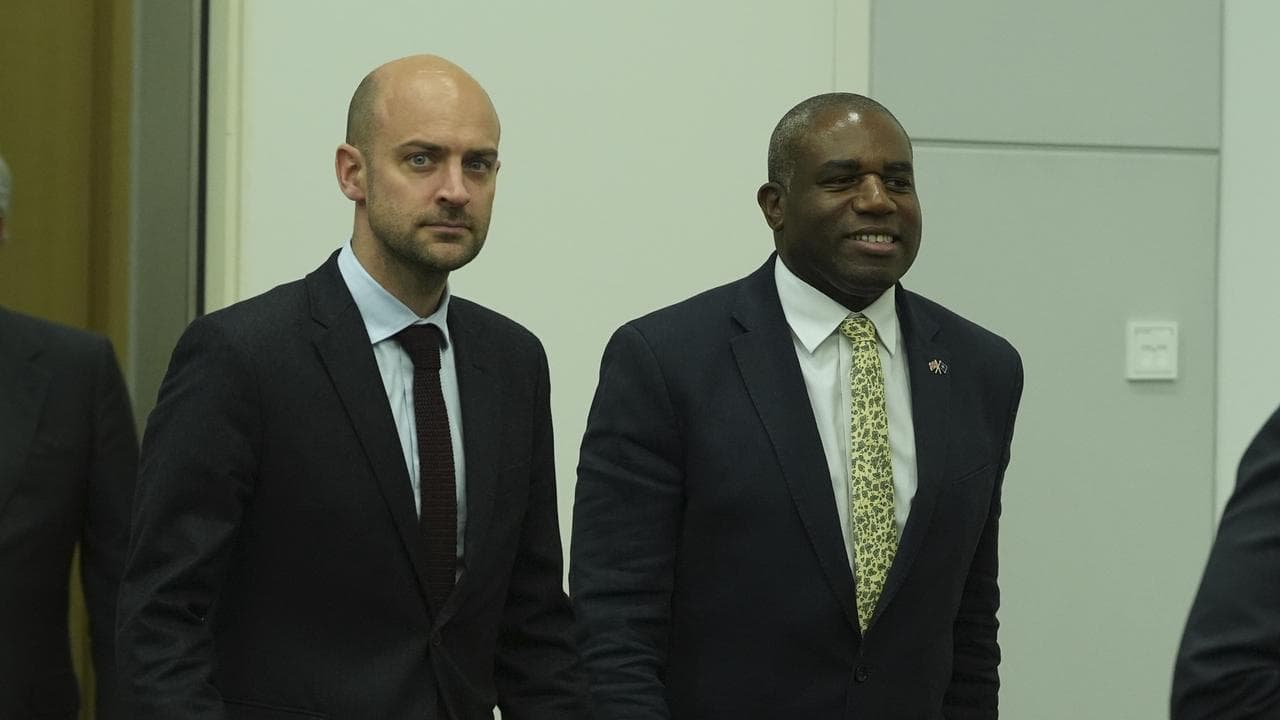
European foreign ministers at a NATO meeting are blaming Russia for thwarting a US push for peace in Ukraine and called for firm pressure on Moscow to agree to a ceasefire, in a clear bid to persuade the Trump administration to take a harder line.
US President Donald Trump, who has promised to bring a quick end to the three-year-old war, has for weeks said he believes Russia's Vladimir Putin is committed to peace.
Sources have told Reuters the White House has grown wary of Putin's intentions in recent days, although Trump continues to signal publicly his belief that Putin wants to end the war.
Moscow rejected a US proposal in March for a full 30-day ceasefire after Ukraine said it would agree.

The warring sides then agreed to a limited pause in attacks on each other's energy infrastructure, which both accuse the other of violating.
Moscow "owes an answer to the United States", which had "worked very hard to come up with a mediation effort and a ceasefire proposal", French Foreign Minister Jean-Noel Barrot said on Friday ahead of the second day of a meeting of NATO foreign ministers.
British Foreign Minister David Lammy said Putin "continues to obfuscate, continues to drag his feet".
"He could accept a ceasefire now, he continues to bombard Ukraine, its civilian population, its energy supplies. We see you, Vladimir Putin, we know what you are doing," Lammy said.
German Foreign Minister Annalena Baerbock said Putin's talk of negotiations was "nothing but empty promises" and the Russian leader was "playing for time by raising ever new demands". The foreign ministers of Canada and Estonia were among those calling for timelines for Russia to accept a ceasefire.

Washington says it is still in contact with both sides and pushing for a truce.
A senior State Department official said late on Thursday that at the first day of the NATO talks there was "overwhelming support for Ukraine, for ending the war, for President Trump's efforts to conclude the war, but also recognition that Russia needs to do more in this context."
The official said there was not necessarily a consensus on a timeline for increasing pressure on Russia, but there was a recognition that "the sooner the better".
"There was consensus that Russia needs to do more, that Russia should agree to a ceasefire."
European faith in the US as the continent's ultimate protector against any attack from Russia has been severely shaken by Trump's outreach to Moscow and pressure on Kyiv.
A senior NATO diplomat said there was unease among Europeans that they were not yet involved in negotiations whose outcome "will determine the security situation in Europe for the next decades".




